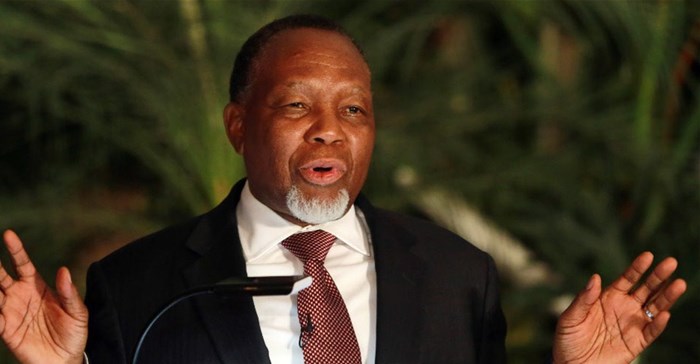Some 23 years down the line, democracy isn't all it's cracked up to be when it comes to levelling inequality. In fact, the strong economic growth South Africa has seen has deepened the divide.
There is rising support globally for people-centric growth, former president Kgalema Motlanthe said at the Harith Business Day African Infrastructure Dialogue 2017. “Do not take our democracy for granted. Strong growth leads to greater inequality, especially for younger people.”
He pointed out that 29-million South Africans live in extreme poverty, which stunts growth and contributes to growing resentment among black South Africans. "Stunted economic growth limits levels of innovation and dynamism.”
Infrastructure transformation therefore offers a chance to change the cycle of poverty, he explained. “Diversification is imperative. We cannot rely on the way of the past. Present models of funding and partnerships will have to be challenged,” said Motlanthe.
Given the legacy of our past, infrastructure is poorly located to support growth, and it’s in need of maintenance, he pointed out. “R6trn is necessary in the next three years to improve water, electricity and infrastructure.”
Speaking about the broader continental context, he said there is a need for trust as infrastructure projects are by nature long term, which required public private partnerships - backed by good governance, a stable environment and a favourable tax regime. “Capital gravitates to predictability, so state-owned enterprises should have high governance standards. With committed leadership and governance, Africa can turn the tide of development.”
The scourge of corruption
However, this goal is “constrained by greed” and money destined for the poor is siphoned off to line pockets.
“Corruption adds 10% to infrastructure costs. Mapping the way forward, we need to put mechanisms in place to prevent this scourge.
“We need to abandon outmoded ways of thinking about creating wealth,” he explained, citing the example of the Norwegian wealth fund model.
“Because of the peculiarities of the past and the current paradigm, there remains a stark manifestation of inequality, which also limits the integration of communities to repair the bonds of the past.”










































